Winter might be a quieter time for gardens, but that doesn’t mean it has to be dull. One way to keep your outdoor or indoor spaces lively and comforting is through aromatic plants. Scented plants bring a sensory boost to chilly days, filling the air with natural fragrances that can relax or soothe. Whether you want to freshen up your home or create a cozy outdoor retreat, incorporating aromatic plants into your winter garden is a wonderful way to brighten the season.
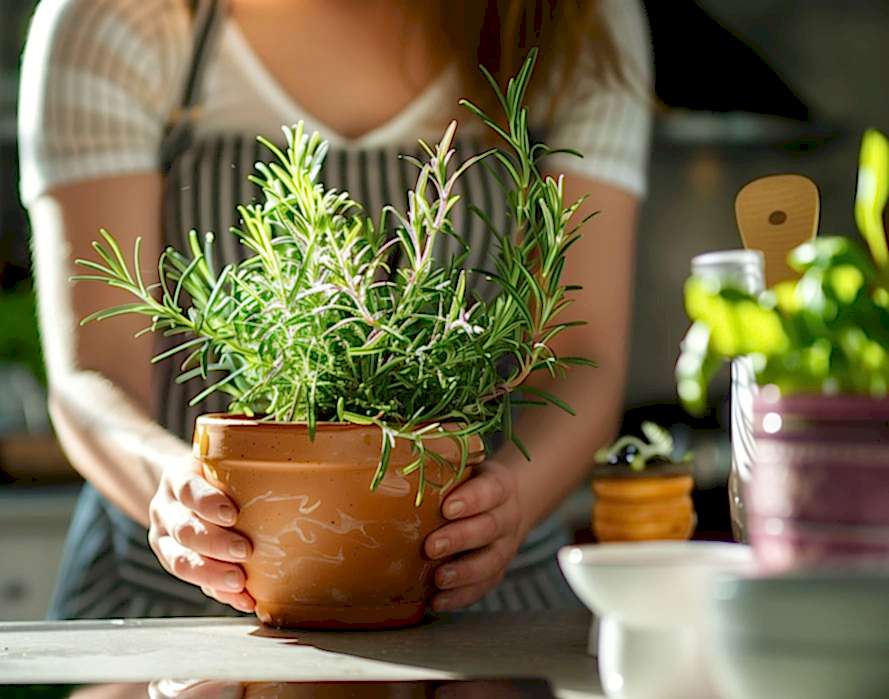
Why Aromatic Plants? 🌿
Aromatic plants are more than just a treat for the senses. They bring multiple benefits, including:
- Stress Relief: Scents like lavender and rosemary are known to have calming effects, reducing stress and promoting relaxation.
- Air Purification: Many scented plants help purify the air, making your indoor spaces feel fresher and cleaner.
- Winter Cheer: The right scents can evoke a sense of coziness and lift your mood during the colder, darker months.
- Practical Use: Many aromatic plants are also useful in the kitchen, adding flavor to winter recipes or creating herbal teas.
Top Aromatic Plants for Winter
Rosemary (Rosmarinus officinalis) 🌱
A Mediterranean favorite, rosemary thrives in Cyprus’ mild winters. Its woody, pine-like fragrance stimulates the senses and can also be used in cooking.
Care Tips: Keep it in a sunny spot, whether indoors or outdoors. It prefers well-drained soil and minimal watering in winter.
Uses: Snip fresh sprigs for seasoning roasted vegetables, meats, or soups. You can also steep it in hot water for a refreshing herbal tea.
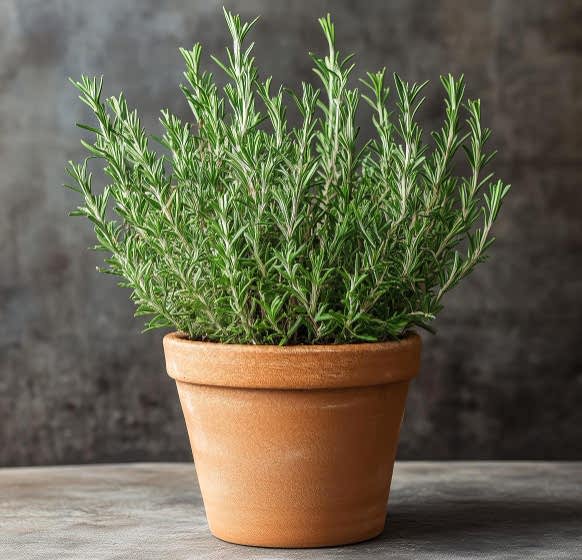
Lavender (Lavandula spp.) 💜
Known for its soothing aroma, lavender is a winter standout. Its evergreen foliage adds beauty to your garden or home, while its scent promotes relaxation.
Care Tips: Plant lavender in a sunny, well-ventilated area with sandy soil. Indoors, place it near a bright window.
Uses: Create lavender sachets to freshen drawers, or make a calming pillow spray by steeping lavender in water.
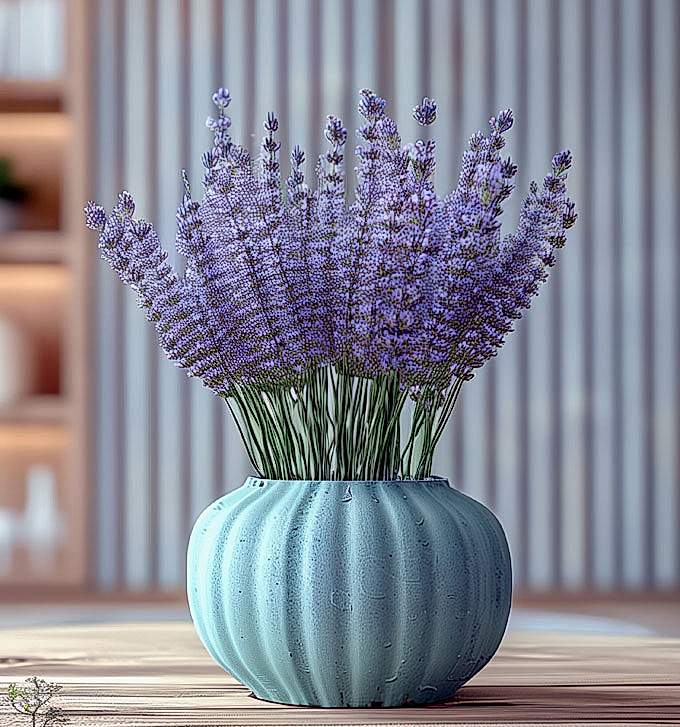
Pine or Cedar 🌲
Nothing says winter like the fresh, crisp scent of pine or cedar. These trees are not only festive but also act as natural air purifiers.
Care Tips: Pine and cedar thrive outdoors, but you can also use cut branches indoors for decoration and scent.
Uses: Add branches to wreaths or use them as natural centerpieces to bring the outdoors inside.
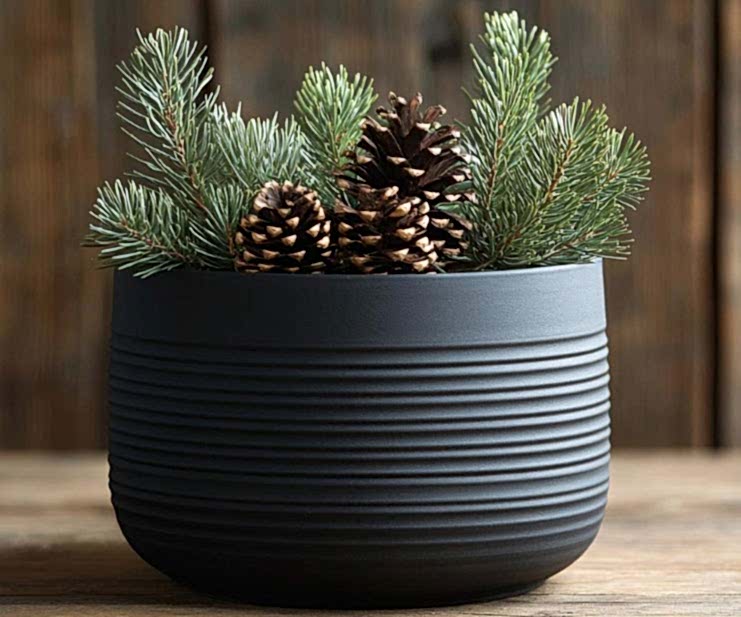
Mint (Mentha spp.) 🍃
Mint’s cool, refreshing scent is perfect for winter teas and desserts. It’s a hardy plant that grows well both indoors and outdoors.
Care Tips: Mint prefers partial sunlight and slightly moist soil. If grown in pots, ensure good drainage.
Uses: Use fresh mint leaves in teas, desserts, or even as a garnish for festive drinks.

Bay Laurel (Laurus nobilis) 🌿
Bay laurel is a classic aromatic plant with a subtle yet sophisticated scent. Its leaves are a staple in Mediterranean cooking.
Care Tips: This hardy shrub prefers sunny spots and well-drained soil. Bring potted bay laurel indoors if frost is expected.
Uses: Add bay leaves to stews, soups, or slow-cooked dishes for a rich, earthy flavor.
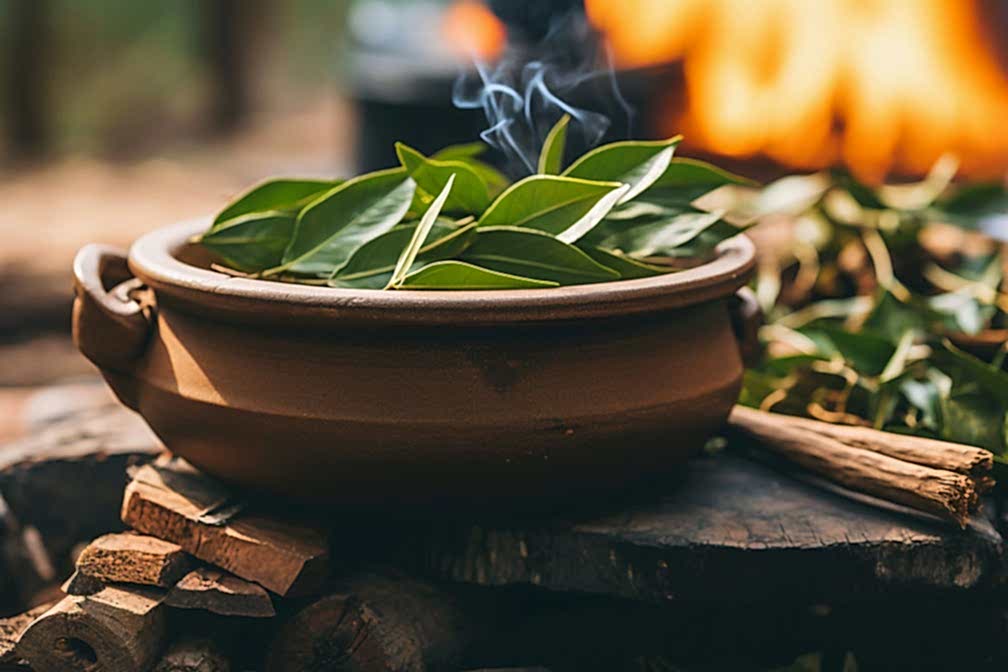
How to Use Aromatic Plants in Winter
- Create Fragrant Arrangements: Combine fresh-cut rosemary, pine, and lavender in a decorative vase to create a natural air freshener.
- DIY Aromatherapy: Make your own essential oils by steeping rosemary or lavender in a carrier oil. Use it for massages or add it to a diffuser.
- Festive Decorations: Incorporate aromatic plants into wreaths, garlands, or table centerpieces to enhance holiday decor.
- Relaxing Teas: Brew a mix of lavender, mint, and rosemary leaves for a soothing herbal tea that warms you up on cold evenings.
- Potpourri: Dry aromatic plants like lavender and bay leaves, mix with orange peels and cinnamon sticks, and place in bowls around your home.
Caring for Aromatic Plants in Winter
Winter care for aromatic plants is straightforward:
- Indoors: Ensure your plants receive plenty of light by placing them near south-facing windows. Avoid overwatering, as most aromatic plants prefer slightly dry soil in cooler months.
- Outdoors: Protect sensitive plants like lavender with a layer of mulch or by moving potted plants to sheltered areas. Hardy plants like rosemary and bay laurel can handle mild winters but still benefit from wind protection.
The Winter Aromatherapy Experience
Adding aromatic plants to your garden or home is a simple way to embrace the season while staying connected to nature. Their scents can energize your mornings, relax your evenings, and make your winter days feel a little brighter. From rosemary’s invigorating notes to lavender’s calming fragrance, there’s a plant for every mood and purpose.
At The Gardeners, we specialize in helping you design gardens that delight all the senses. Whether it’s choosing the right aromatic plants or setting up a winter-friendly outdoor space, we’re here [NT1] to guide you every step of the way. 🌿 Explore our blog [NT2] for more tips and inspiration, and let’s make this winter fragrant and beautiful together!

